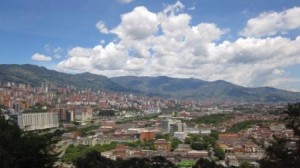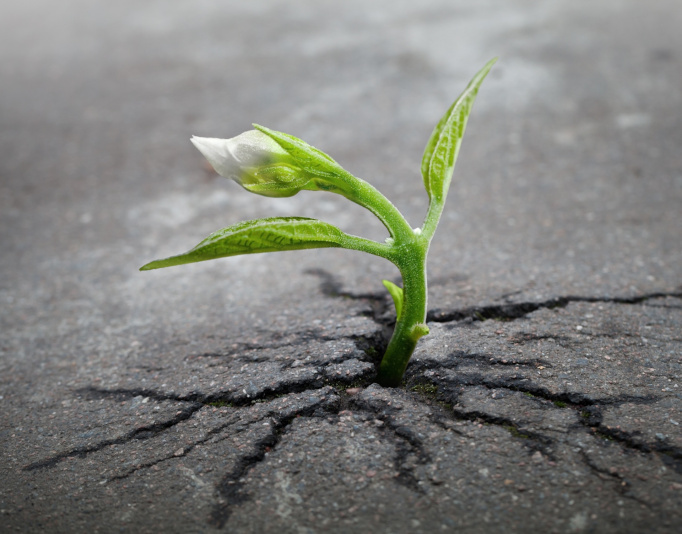Yes, I lived in Medellin, Colombia for 5 months and I’m still ALIVE!
We have all heard and read the horrible things that took place in Colombia back in the 80’s and 90’s. Although Colombia has drastically changed in the past decade, it’s hard to get past those images.
Since I’ve been back home, telling people that I lived in Colombia leaves them in a state of total astonishment that I lived to tell about it. The person throws themselves backwards on their chair, bringing their hands to their head and in a high-pitched voice asks, “HOW THE HELL DID YOU DO IT TO GO OUT IN THE STREETS WITH ALL THE SHOOTING GOING ON?” The strange thing is when I explain that there’s no shooting in the streets and that it’s relatively safe, they give me a suspicious look and raise their eyebrows. Some will go as far as trying to convince me that I am wrong, even though they have never been to Colombia.
“When we are exposed to new information, do we believe everything we read or hear automatically or do we attempt to understand before believing it or not believing it?”
I admit, at first, I was skeptical about going. After having listened to many travelers who had ACTUALLY been there, some of which were expats, I chose not to limit my decision on all the media reports (written by people who probably never stepped foot in the country). From the moment I arrived, Colombians made me feel right at home. Neighbors welcomed me in their homes and were so happy to see a traveler chose to live in their country. Colombians will go out of their way to let travelers feel welcome and try hard to re build the reputation of their country.
Colombians, themselves lived and went through a lot during those years of violence. One of the most shocking stories I heard many times over from them was how a father of a family would hug and kiss his wife and children every morning before leaving the house as if it was the last time he would be seeing them. They never knew whether or not they would make it back home.
Some never did.
Today, they live every single moment of every single day celebrating the fact that those days are over. Walking the streets in Medellin, seeing ALL the smiling faces, being given a “hola” by complete strangers, being included in small conversations waiting in line at the check-out counter, sitting on terraces talking and laughing over a cup of coffee or a bottle of aguardiente, the gathering in the parks with music and dancing, I felt like part of one big happy family. It’s no surprise that at the end of 2012, Colombia was known as the happiest country in the world.
Yes, there are dangerous areas, just like there are dangerous areas in other countries. Colombians made it a point to let me know about the places I should stay away from and places to go to really capture the essence of what this country has to offer. In the 5 months I was there, I never felt I was in any danger. Today, I’m so grateful I was able to let go of my misconceptions about Colombia because I would have missed out on discovering a beautiful country and meeting some of the friendliest, warmest, happiest people ever.
In no way am I trying to convince anyone that they must go to Colombia nor am I trying to make people believe me. We all believe in something and sometimes it is very difficult to let go of certain beliefs. We stick to them and regard other people with different beliefs as “they’re wrong!” But, how many of our beliefs are actually built in from what other’s have passed on to us?
What if, there’s more to the truth beyond what we hear and see?
It doesn’t mean to just disregard everything we believe in. It means if we dig a little deeper, we might find that some of our beliefs are holding us back and no longer fit in our lives. Preventing us from doing what we really want to do.
This experience was a refreshing revelation that my beliefs are not necessarily the truth. In questioning and analyzing them, I can choose to change the ones that are limiting to myself and my life.
“Everything we hear is an opinion, not a fact. Everything we see is a perspective, not the truth.” – Marcus Aurelius






